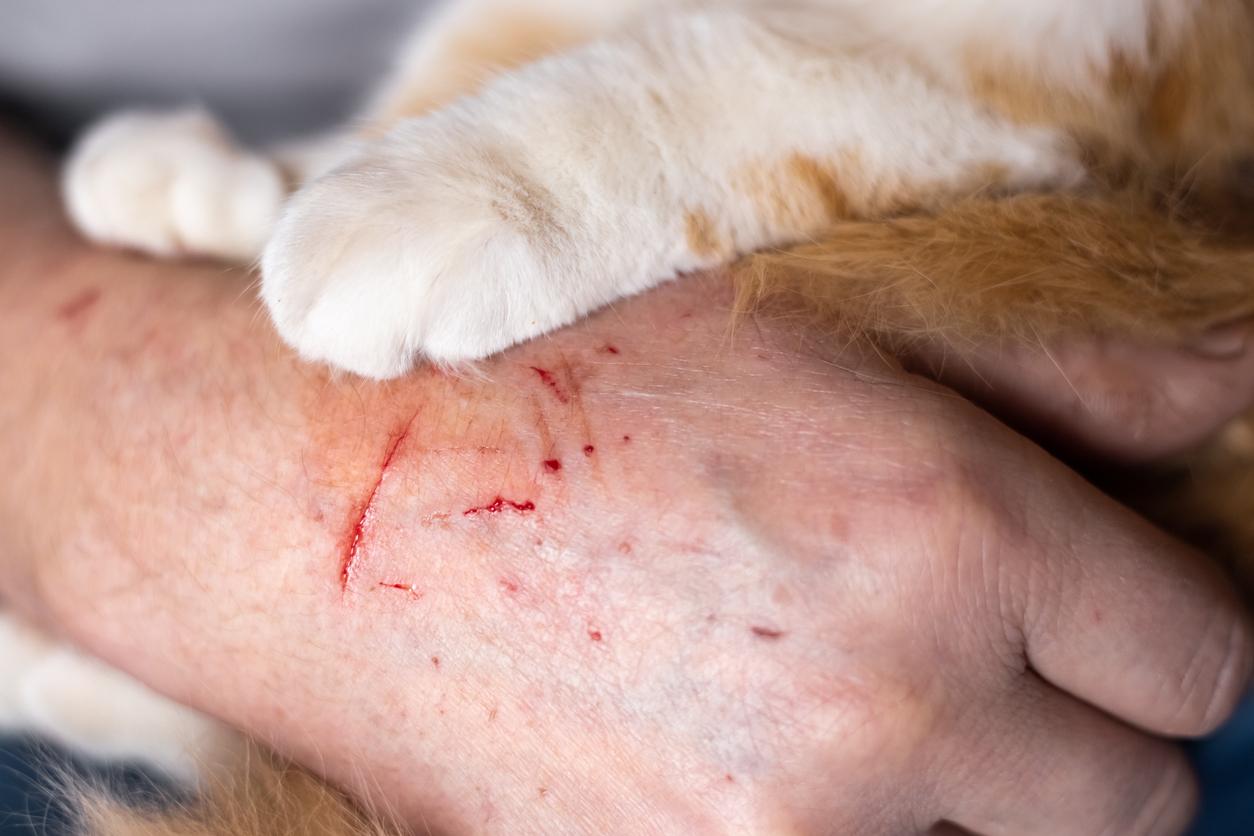Epidemiologists at the Alaska Department of Health have reported the first known fatal case of Alaskapox, a novel orthopox virus first identified in 2015. The deadly infection involved a man with an underlying health condition living on the Kenai Peninsula.
The man's infection is the state's seventh Alaskapox case and is the first located outside of the Fairbanks area, officials said in a February 9 epidemiologic bulletin.
Alaska reported its most recent previous Alaskapox virus cases in 2021, involving a young girl and a middle-aged woman from the Fairbanks area. There were no links between the patients, but both had pets, including cats, and had spent time outside in the summer.
Patient was undergoing cancer treatment
The elderly man's symptoms began in the middle of September 2023 with a red, tender papule in his right armpit. At the time, he was undergoing immunosuppressive therapy as part of cancer treatment. Over the next 6 weeks he sought care for the lesion, which worsened. In November he was hospitalized for cellulitis that limited movement of his arm.
He was transferred to a hospital in Anchorage, as pain and other symptoms worsened and clinicians noted four other lesions on different parts of his body. Lab tests were initially positive for cowpox, and follow-up testing at the state health lab was positive for generic orthopox virus.
A sample sent to the US Centers for Disease Control and Prevention (CDC) was consistent with Alaskapox virus, but genetic sequencing suggested it was distinct from samples from earlier cases that had been reported from Fairbanks.
Following treatment with tecovirimat (Tpoxx), intravenous vaccinia immunoglobulin, and oral brincidofovir, his arm symptoms initially improved, but during the man's time in a long-term care facility, his condition deteriorated and he experienced delayed wound healing, kidney failure, and respiratory failure. He died at the end of January.
Man had scratches from stray cat
Investigators found that he had no recent travel history or contact with people who did. The man had cared for a stray cat at his home that regularly hunted small animals. The cat frequently scratched the man, which included a notable scratch in his right armpit in the month before his symptoms began.
The man reported no other contact with small animals, but had gardened in his backyard through September 2023. Blood and mucosal samples collected from the cat were negative on antibody orthopox testing at the CDC.
Officials said the man's immunocompromised status probably contributed to his disease severity.
Testing animals outside of Alaska's interior
State officials added that the first detection outside of Alaska's interior suggests that Alaskapox is more widespread in the state's small mammals than previously known, which should raise awareness in clinicians. Epidemiologists and their health partners, including the CDC, are testing small mammals outside of Alaska's interior region to gauge the prevalence in animals.













